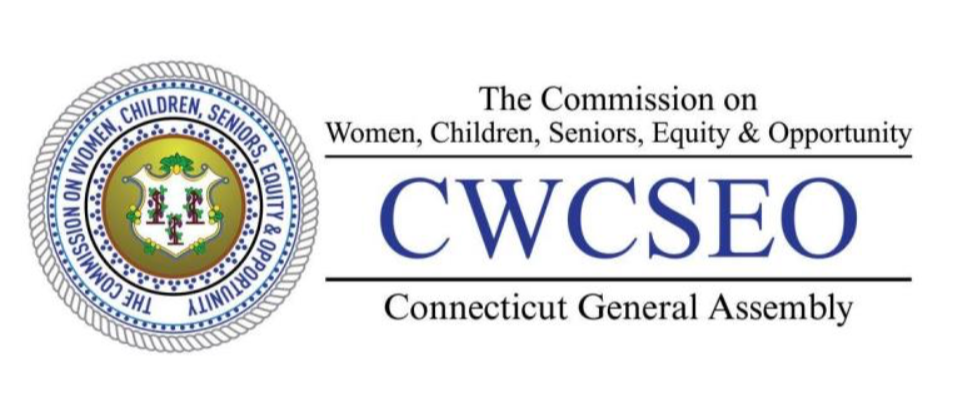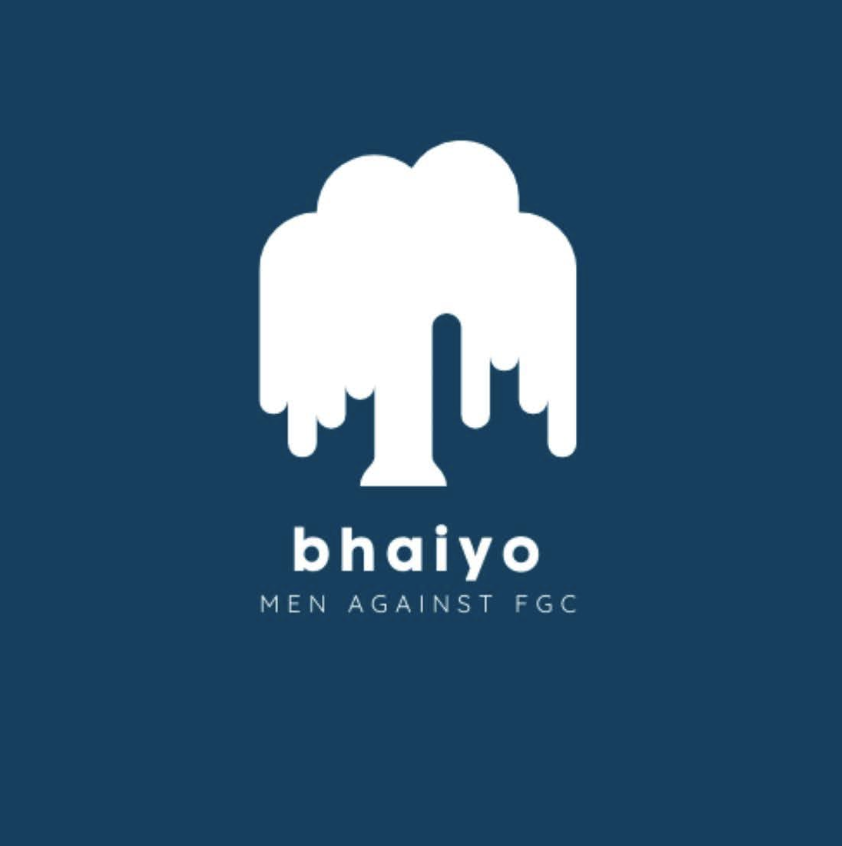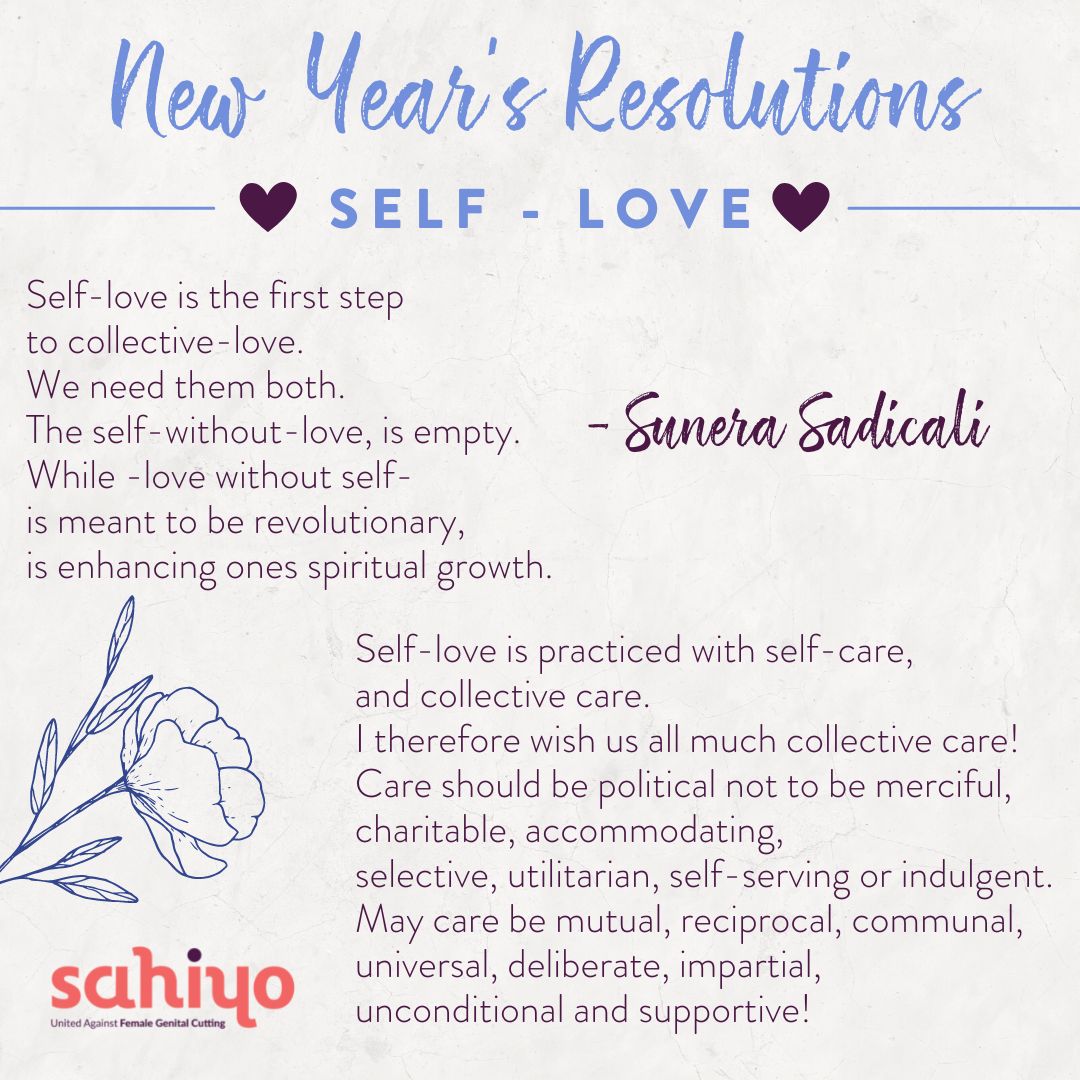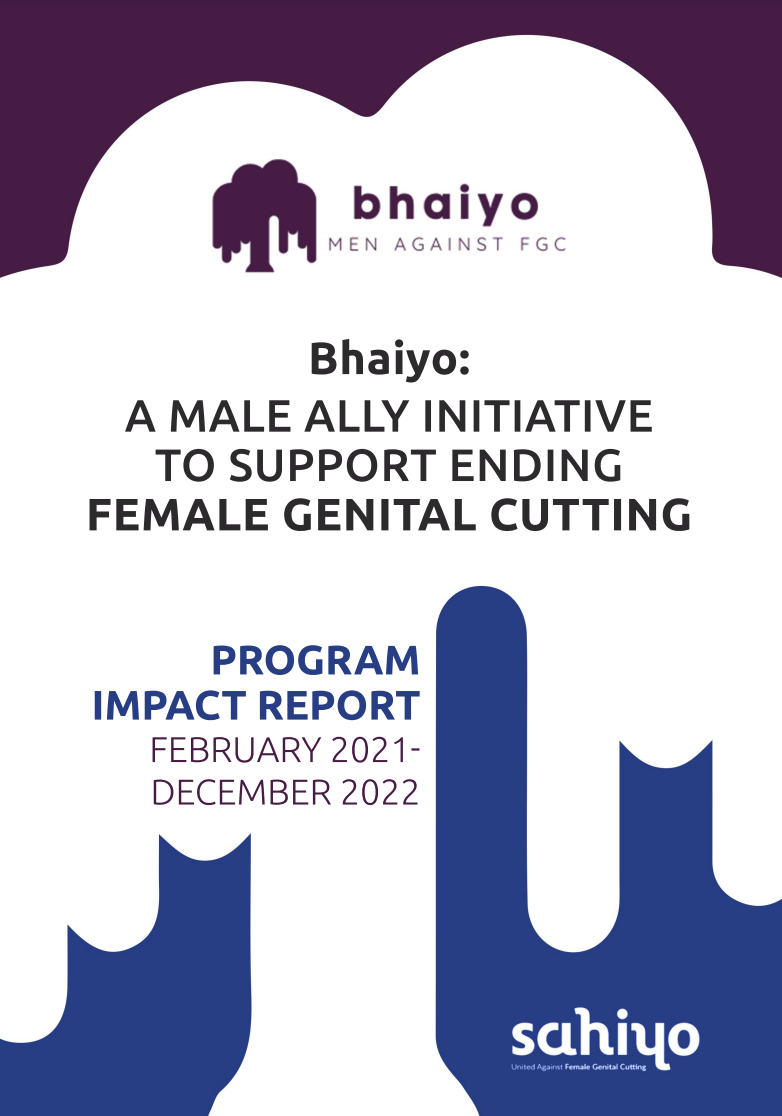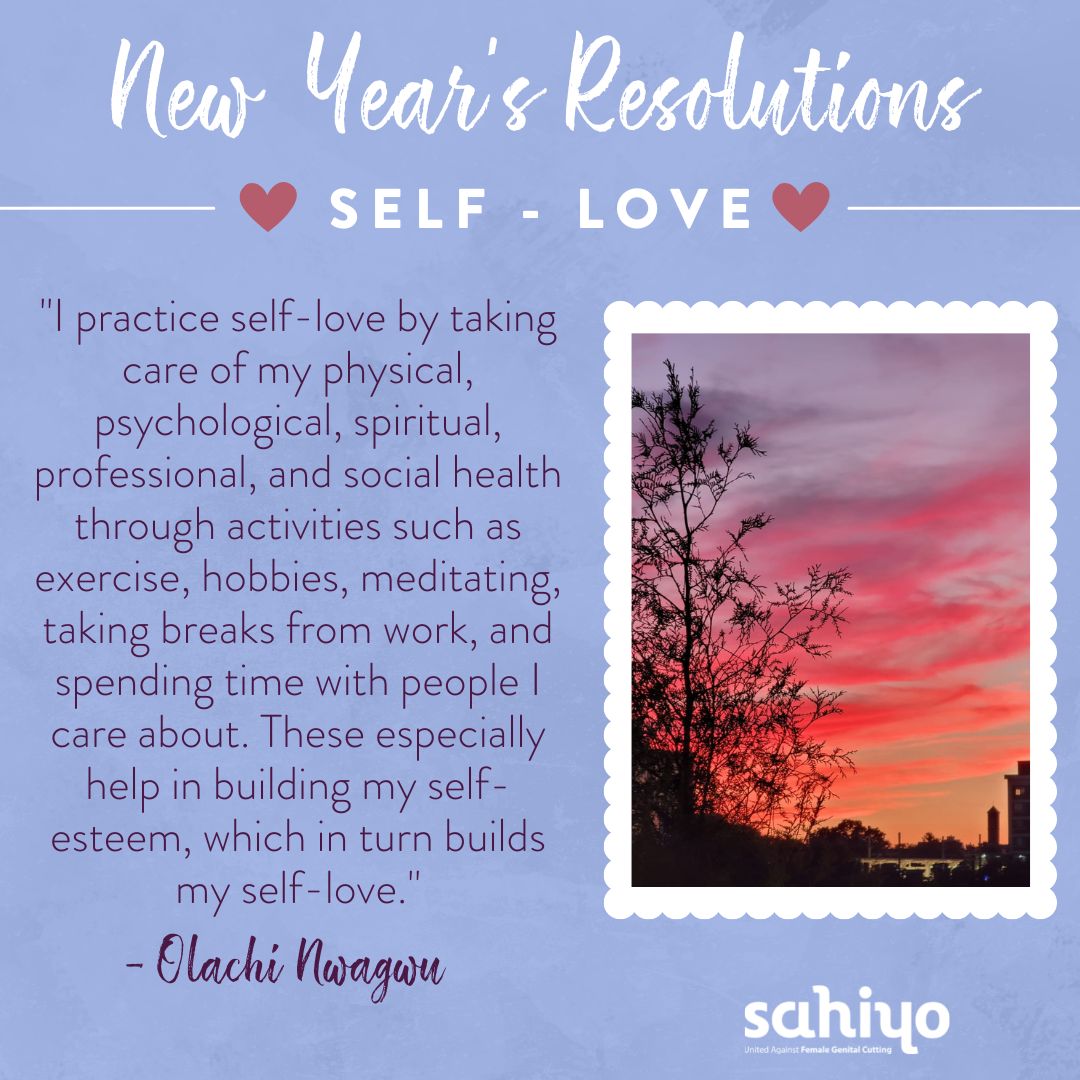February 6th is the International Day of Zero Tolerance of Female Genital Mutilation/Cutting, a day designed to promote the elimination of Female Genital Mutilation/Cutting by 2030 through efforts to engage whole communities and focus on human rights, gender equality and attention to the needs of women and girls who suffer from its consequences. The United Nations calls on the global community to reimagine a world that enables girls and women to have voice, choice, and control over their own lives.
Female Genital Mutilation/Cutting is the altering or injuring or removal of the female genitalia for non-medical reasons to control a girl’s sexuality and make her acceptable for marriage and to the community in which she lives. It is usually performed on young girls between the ages of birth and puberty. It is an extreme form of gender-based violence that is recognized as a human rights violation and a form of torture.
The Commission on Women, Children, Seniors, Equity and Opportunity (CWCSEO) of the General Assembly along with the CT Coalition To End FGM/C (survivor-led coalition) are working on building holistic solutions to support survivors and prevent future generations of girls in the State of Connecticut from experiencing FGM/C. We are working with a diverse coalition of stakeholders, advocating for comprehensive legislation that will help protect girls from FGM/C, provide survivors with support services, raise awareness of the harm FGM/C causes, and educate frontline professionals on how to provide culturally specific and sensitive care.
"While the State of Connecticut has a robust community of advocates and people with lived experience working to end this form of gender-based violence, the state has been an outlier in its silence among its neighbors and in the nation. This comprehensive legislation would ensure that CT join our sister states in protecting children from
harm." Steven Hernández, Executive Director of the Commission on Women, Children, Seniors, Equity and Opportunity.
"As a long time, Connecticut resident, I am heartened by Governor Lamont's proclamation about International Day of Zero Tolerance of FGM/C as it sends the message that a harmful cultural practice that people think only happens far away from here, is actually occurring in our state. This acknowledgement is the first step in eliminating this practice. I look forward to strong support of the bill to end FGM/C and protect parents and their daughters from the pressure to cut and be cut." Zehra Patwa, FGM/C Activist/Survivor and Co-founder of WeSpeakOut and member of the Coalition.
About the CWCSEO: The Commission on Women, Children, Seniors, Equity and Opportunity under Sec. 105. Section 2-127 of the Connecticut General Statutes to focus on issues affecting each of the following underrepresented and underserved populations: Women, children and the family, elderly persons, African American, Asian Pacific Americans, and Latinos and Puerto Ricans. Focus its efforts and quality of life to the above-mentioned populations to assure that all are healthy, safe and achieve educational success; free from poverty; and free from discrimination. As a non-partisan arm of the General Assembly, the commission monitors, critiques and recommends changes to legislation. As a non-partisan arm of the General Assembly, the agency monitors, critiques and recommends changes to legislation. The commission serves as a liaison between government and its diverse constituents, and convenes stakeholders, including the business, non-profit and educational communities, local governments, and the media, to promote awareness.
View the official press release here.

